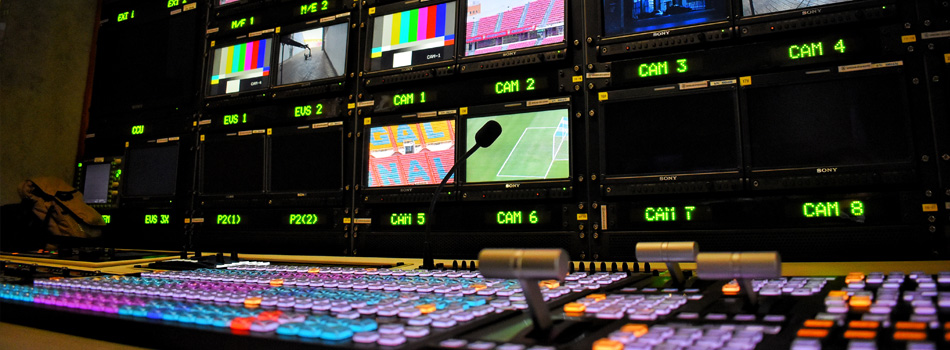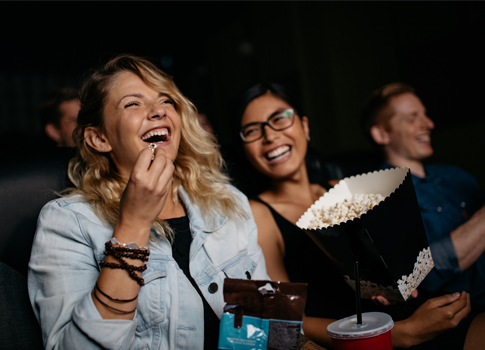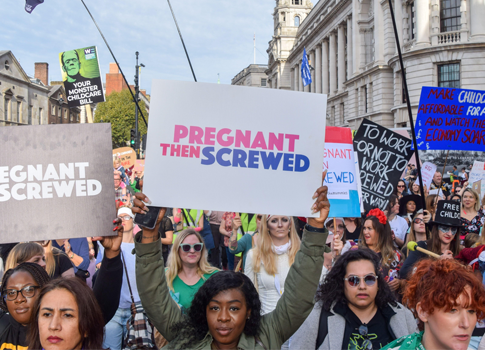After taking a three-month break after the onset of the pandemic, ITV relaunched Britain’s Got Talent onto screens last month with a special performance from guest judge Ashley Banjo and his dance group Diversity.
The group’s routine was framed as a father retrospectively telling his young son about the events of 2020. The performance included references to the coronavirus outbreak, police brutality against Black people, and the death of George Floyd which prompted global Black Lives Matter protests.
The routine’s focus on BLM resulted in over 24,500 complaints to Ofcom – although the regulator has since shared that just 4% of the complaints were made in the immediate aftermath of the programme being aired.
In response to the criticism, ITV didn’t waver or capitulate. Instead, the channel stuck by the performers and doubled down on their message of racial equality by taking out full-page adverts in all national newspapers to show support for the routine. The advert featured a photo from Diversity’s performance with the caption: “We are changed by what we see. Just as we are changed when we are seen.”
The broadcaster could have stepped aside and said nothing until Ofcom had finished reviewing people’s complaints. However, ITV took a risk in standing up to criticism and supporting Black Lives Matter and Diversity, potentially jeopardising a small part of its audience in favour of doing the right thing. Its response should be commended and ITV can be proud of its decision.
Moving past Britain’s Got Talent
Regardless of how it is consumed, TV plays an important role in our day to day lives. Broadcasters often find themselves at the heart of culturally significant events such as the World Cup, Love Island, and The Great British Bake-Off. TV is also a key source of information and escapism for people as shown earlier this year when audience numbers went through the roof during early lockdown. As shown with ITV, it’s therefore only right that our leading broadcasters are at the heart of creating social change.
Broadcasters need to continue to play an active role in producing content and taking a stance that drives cultural change. A good example of this is Channel 4. Following the George Floyd protests earlier this year, the broadcaster launched a one-off show called “The Talk.” The show featured a number of celebrities talking about the conversations they’ve had to have with their children or they have had with their parents on how they are likely to be treated at some point in their life due to their skin colour. The Talk was a great example of a broadcaster using its platform to talk about the struggles that the black community has and continues to face to a national audience.
Broadcasters must also address the advertising that is shown on their channels. While a 2018 report from Lloyds Banking Group found that racial representation in adverts is increasing to more than 20% of all ads, there are still questions over the roles that black and minority ethnic (BAME) people are playing. Again here, Channel 4 is taking a stand, the broadcaster’s annual £1m diversity fund has helped steer the conversation around BAME representation and has forced brands to reconsider their portrayal of black people.
Broadcasters have put a lot of time, airtime and money into producing and showing content for Black History Month. While this is great to see, it needs to continue beyond Black History Month and throughout the entire year. ITV’s recent stand following Britain’s Got Talent and the ongoing work from broadcasters such as Channel 4 show that broadcasters are taking racial inequalities seriously and that we as an industry are moving in the right direction.
This article was written by our head of broadcast, Mihir Haria-Shah and was originally published in Broadcast on 26/10/2020.






